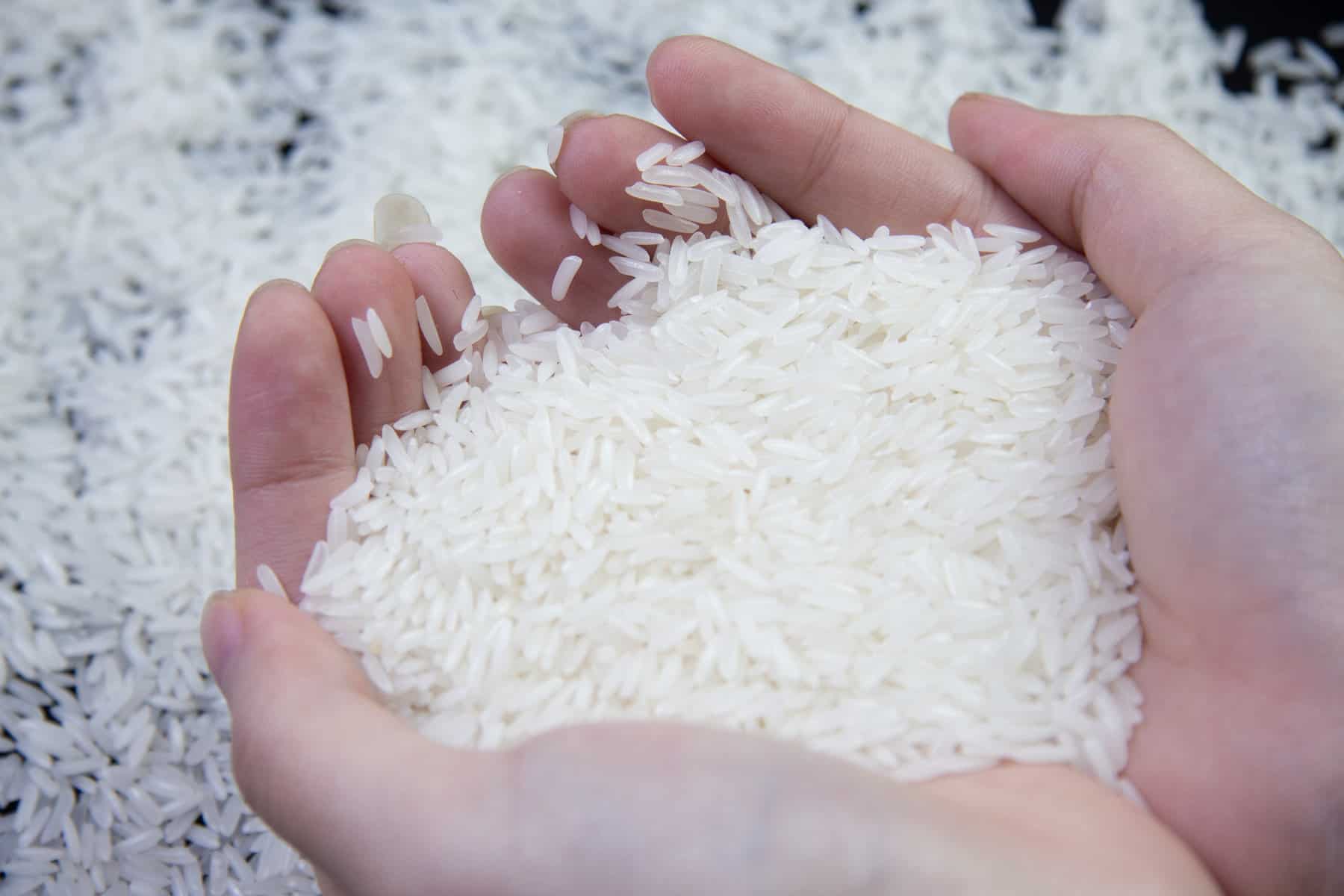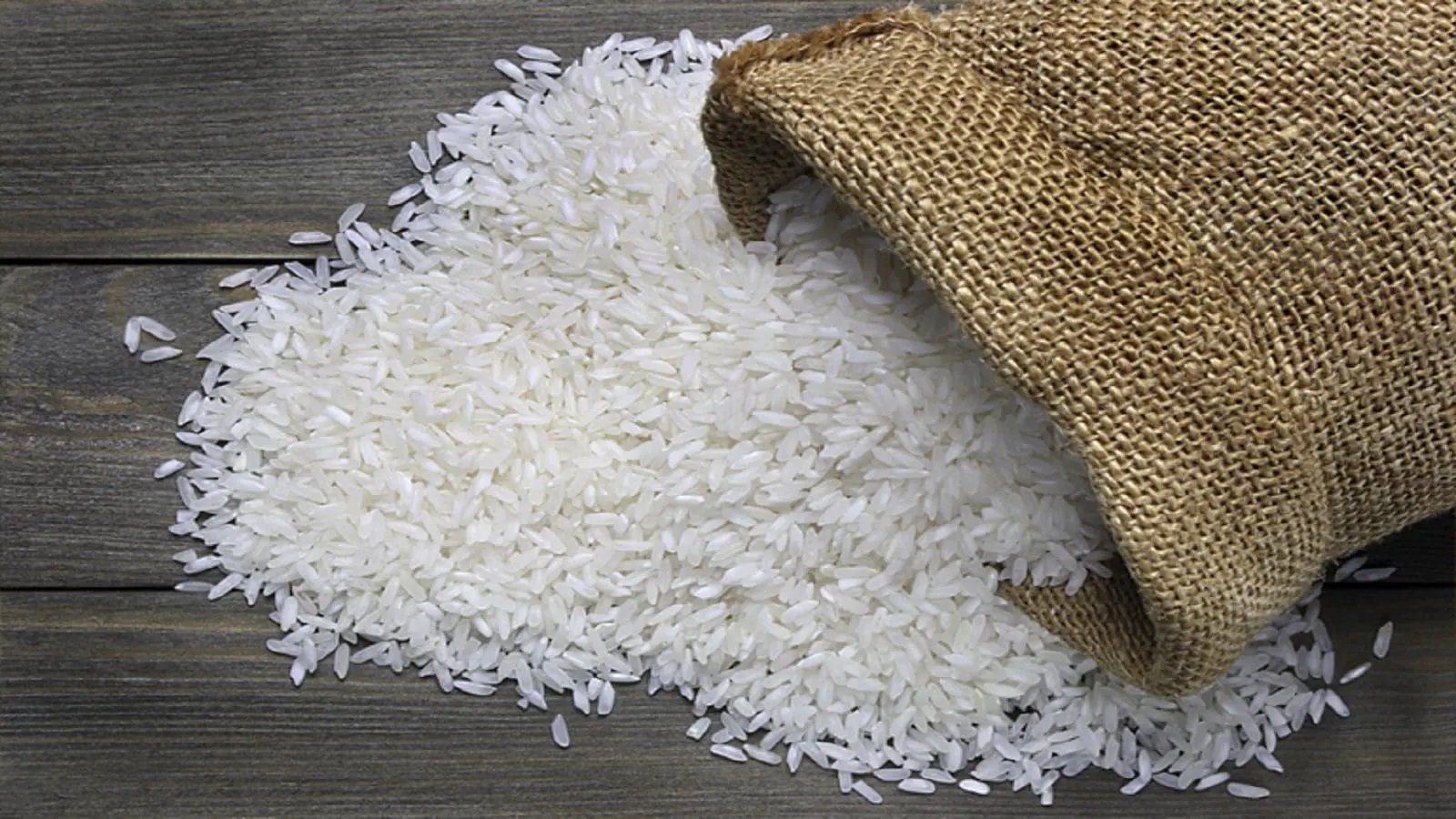Managing the rice supply chain for large-scale operations is a critical task for businesses in Canada. With demand for rice growing across the country, understanding how to ensure a smooth, cost-effective process is essential for success. From sourcing high-quality rice to ensuring timely delivery, businesses must adopt strategies that improve efficiency, reduce waste, and ensure customer satisfaction. This blog provides insights into effective rice supply chain management for businesses and organizations operating at a large scale, using simple, easy-to-understand language to break down key concepts.

Sourcing High-Quality Rice for Large Operations
One of the most critical steps in rice supply chain management is sourcing high-quality rice from reliable suppliers. Large-scale operations typically deal with different types of rice, such as long-grain Basmati rice and Brown Basmati rice, each with unique characteristics. Ensuring that you have a reliable wholesale rice supplier who consistently meets the demand is crucial for maintaining quality standards. Businesses can guarantee a steady supply and avoid disruptions by building long-term relationships with suppliers.
Handling and Storing Bulk Rice Supply Chain Efficiently
Proper handling and storage of rice are essential to maintain its quality and prevent spoilage. Businesses must adopt efficient methods for storing rice in bulk when dealing with large volumes. Whether it’s using modern silos, temperature-controlled warehouses, or other storage methods, maintaining the right conditions is vital. Working with a bulk rice supplier can simplify this process by ensuring that rice arrives in packaging and quantities that are easy to manage. This approach helps businesses maintain quality and reduces the risk of loss due to improper storage.
Transportation and Logistics in the Rice Supply Chain
Transportation is another key aspect of rice supply chain management. Large-scale operations often require timely deliveries to various distribution points across Canada. Ensuring efficient logistics minimizes delays and ensures that rice reaches its destination in perfect condition. It’s essential to work closely with logistics providers who understand the nuances of rice transportation, such as protecting the product from moisture and extreme temperatures. Effective planning and real-time tracking systems can help optimize transportation routes and reduce overall costs.
Reducing Waste in the Rice Supply Chain
Waste reduction is a significant focus for businesses aiming to increase efficiency and sustainability. In the rice supply chain, waste can occur at various stages, from processing to transportation. Implementing strategies such as precise demand forecasting, better inventory management, and reducing packaging waste are key ways to reduce unnecessary losses. Additionally, ensuring proper handling techniques throughout the supply chain helps minimize the chances of spoilage or damage to rice products. This not only reduces costs but also contributes to environmental sustainability.
The Importance of Customer Satisfaction in Large-Scale Operations
In the competitive world of rice distribution, customer satisfaction is essential for long-term success. Large-scale operations must prioritize delivering the highest quality rice on time to retain business customers. Businesses can build a reputation for reliability by focusing on consistent quality control. Additionally, transparent communication with clients, from availability to delivery timelines, helps maintain strong relationships.

Adapting to Market Changes and Trends
The rice market can be unpredictable, with changes in demand, costs, and customer preferences. For businesses managing large-scale operations, staying adaptable to these shifts is crucial. Keeping a close eye on market trends, such as the increasing demand for health-conscious products like Brown super kernel Basmati rice, allows companies to adjust their offerings and strategies accordingly. Flexible supply chain management ensures businesses can quickly respond to changes, avoiding missed opportunities or excess inventory.
Conclusion: Grow Your Rice Supply Chain Business with Adnoor
Effective rice supply chain management is essential for success in large-scale operations. Your business can thrive in the competitive market by sourcing high-quality rice, optimizing storage and transportation, and focusing on customer satisfaction. Let Adnoor be your partner in ensuring your rice supply chain is efficient, reliable, and sustainable.







